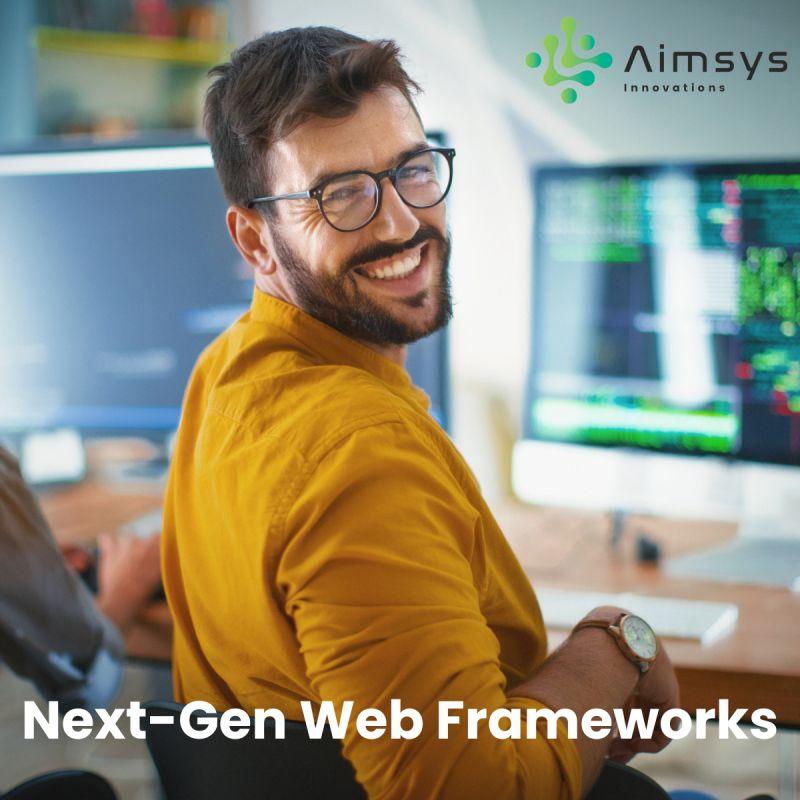Posted At: Feb 14, 2025 - 421 Views

Next-Gen Web Frameworks
As developers seek more efficient and innovative tools, several next-generation frameworks are emerging with unique approaches:
Qwik
Qwik introduces a resumable architecture designed for instant loading of web applications. Unlike traditional hydration methods that require re-executing JavaScript on the client side, Qwik allows apps to resume from where the server left off. This makes it particularly well-suited for performance-critical projects like e-commerce or large-scale platforms.
Astro
Astro is redefining static site generation by focusing on delivering minimal JavaScript to the browser. It enables developers to use multiple frameworks (React, Vue, Svelte) within a single project while optimizing page load times through server-side rendering and partial hydration.
Remix
Remix prioritizes web fundamentals such as fast page loads and seamless navigation. With features like nested routing and built-in error handling, it simplifies full-stack development while enhancing user experience.
SvelteKit
Building on Svelte’s foundation, SvelteKit provides a complete framework for building modern web applications with SSR capabilities and progressive enhancement out of the box. Its simplicity and performance make it an attractive choice for developers looking to move beyond React's complexity.
SolidStart
SolidStart extends Solid.js into a full-fledged meta-framework with SSR support and advanced routing capabilities. Its focus on fine-grained reactivity ensures high performance even in demanding applications.
Key Trends Shaping Next-Gen Frameworks
Emerging frameworks are not just about replacing React; they’re addressing broader trends in web development:
Performance Optimization:
Frameworks like Qwik and Svelte emphasize reducing runtime overhead by optimizing how JavaScript is delivered and executed.
WebAssembly (Wasm) is gaining traction for near-native performance in browser-based applications.
Server-First Architectures:
SSR and edge computing are becoming standard as frameworks like Next.js, Remix, and Astro integrate server-first approaches to improve SEO and initial load times.
Developer Experience (DX):
Tools like Vite (a fast build tool) are being integrated into frameworks to enhance DX with instant hot module replacement (HMR) and faster builds.
Component Interoperability:
Frameworks such as Astro allow developers to mix components from different ecosystems (React, Vue, etc.), offering flexibility in project architecture.
Low-Code/No-Code Integration:
Platforms are incorporating low-code features to democratize web development while maintaining extensibility for professional developers.
How can your business leverage next-gen web frameworks to stay ahead of the competition and deliver faster, more engaging digital experiences for your customers?
https://www.linkedin.com/posts/aimsysinnovations_nextgenweb-webdevelopment-futureofweb-activity-7292604595581726720-4WL1?utm_source=social_share_send&utm_medium=member_desktop_web&rcm=ACoAAAwO3jIB2whN9y5UDXN61uI5uGHcec42wHM
